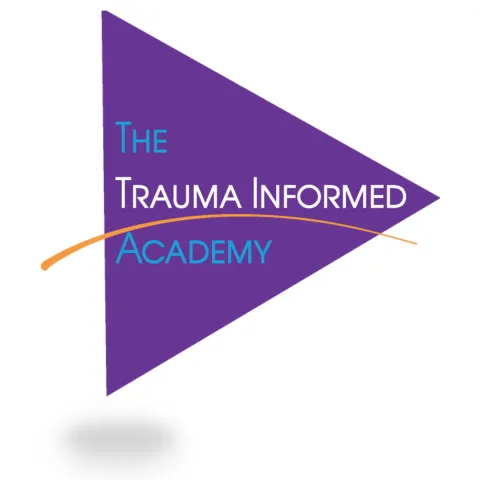

So... What is Trauma Informed Care, Really?
Yeah, yeah, it’s all the rage. Not a week goes by that someone doesn’t call me and tell me they’re developing a trauma-informed care program and they’re so excited.
Frankly, most of the time, they’re looking to keep the same structures in place, the same processes the same methods, policies, and processes they learned in school. Sadly, this perspective is often a container for the same behavior that is often retraumatizing, coercive, and pathology based--if for no other reason than the history of how we viewed mental health and mental illness across history, and the trajectory across history of how we have thought about abuse and neglect.
That leads to the second issue in trauma informed processes. Abuse and neglect may be the first categories of trauma we think about, and they are only two of a number of categories that go far beyond the ACEs and the expanded ACEs. Medical crises? Natural disasters? Economic insecurity? Hunger? War? There are so many situational and structural things that can result in terror for one’s body, mind, and life--now and generations.
Both of these are important and they miss the total point of all things trauma informed and trauma responsive. There’s a saying, “trauma happens in relationships, and is best healed in relationships.” Relationships are the key.
In trauma informed processes, relationships are present-focused, strength-based, and collaborative. They recognize the impact of trauma--all kinds of traumatic events--on how people function, how we learn, our health, and our ability to work effectively.
Trauma Informed processes--and the ability to be trauma responsive--rely on how we use power, how we manage relationships, and on using the skills in emotional intelligence through a trauma informed lens.
While the phrase “trauma informed” is a great marketing phrase, make sure your program is more than scratch-and-sniff deep. Wrestle with the issues of power and relationship and how to flip to the key characteristics identified in so many studies and in SAMHSA’s work.



Email our Admin:
©Copyright 2025 EPower & Associates, Inc. All Rights Reserved.
Privacy Policy | Terms of Use
Featured On...


